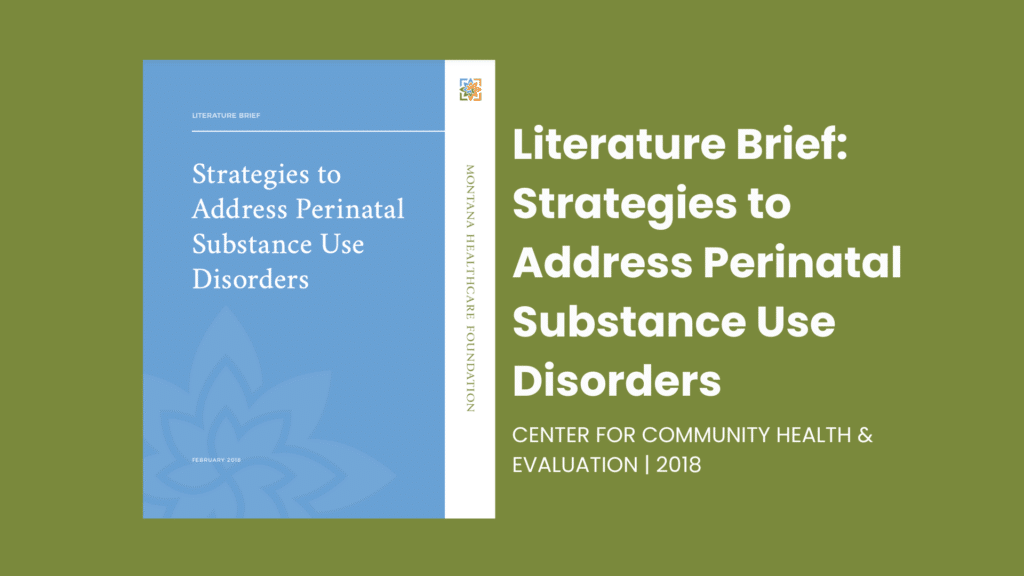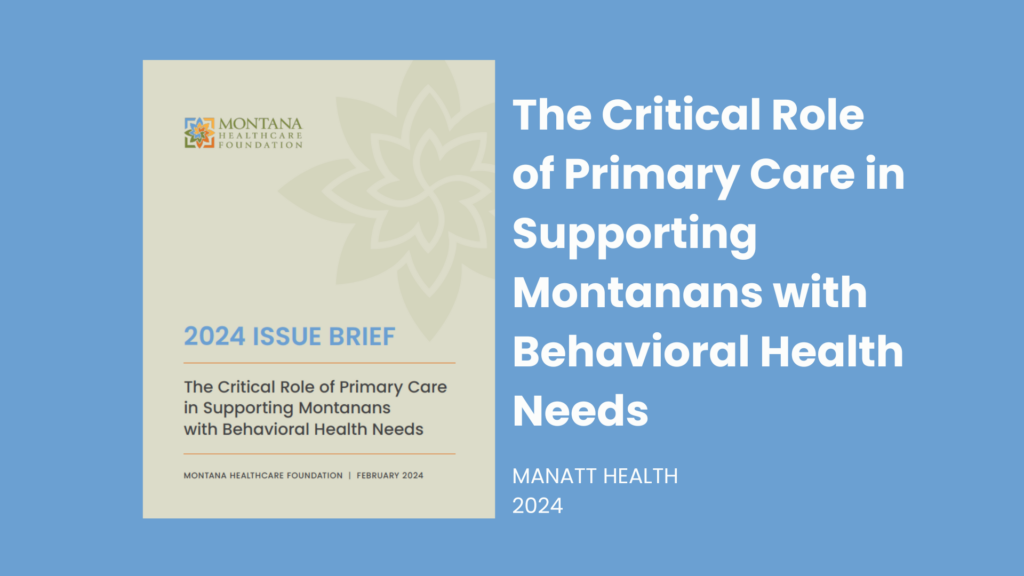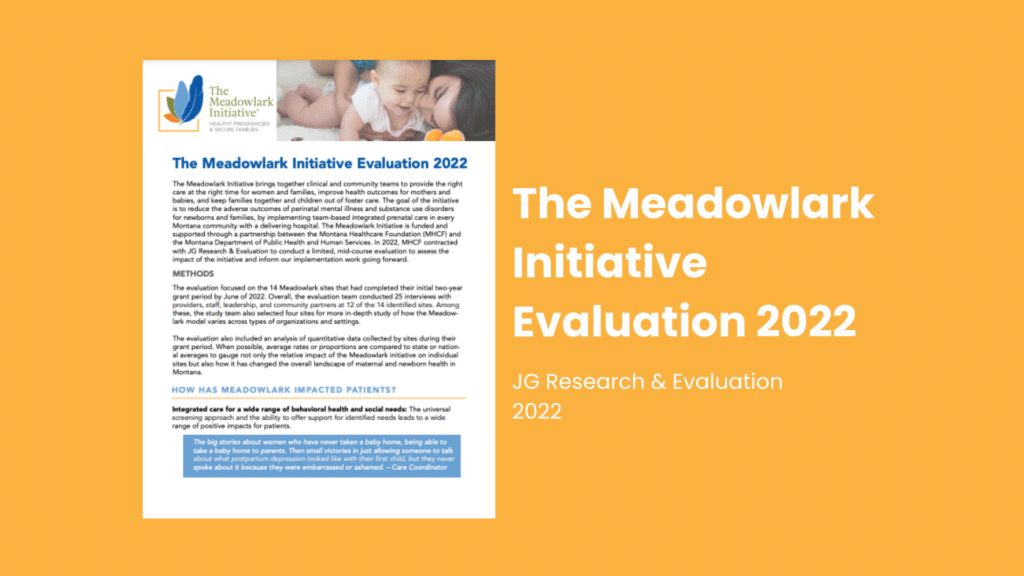The opioid epidemic in the United States contributes to a growing need to address substance use disorders (SUDs) in the perinatal period. Women with SUD are at risk for poor pregnancy-related outcomes, and their newborns can suffer withdrawal symptoms known as neonatal abstinence syndrome (NAS), which can lead to the infant’s removal from their family and placement in foster care.
In response to the addiction crisis taking place in rural Montana, Kalispell Regional Healthcare (KRH) staff sought to provide compassionate, non-stigmatizing integrated care to at-risk mothers and babies during their hospital stay and address their psychosocial needs after discharge. This post-delivery support program developed by KRHC’s neonatal intensive care unit (NICU) team holds useful lessons for health care organizations and communities dealing with the short- and long-term harm of perinatal SUD. This evaluation report describes the program’s main features and preliminary results.
The program began in late 2015 with the goal of engaging substance-exposed parents in learning activities and other services, including substance abuse recovery, mental health counseling, parenting skill development, and education both during and after the hospital stay. The NICU team posited that parental involvement would support improved outcomes, primarily lower rates of foster care placement for babies with NAS.
Download


